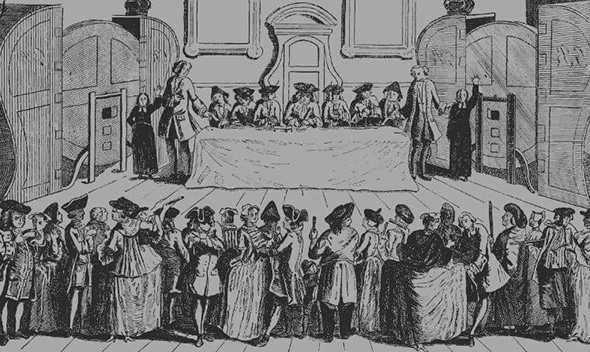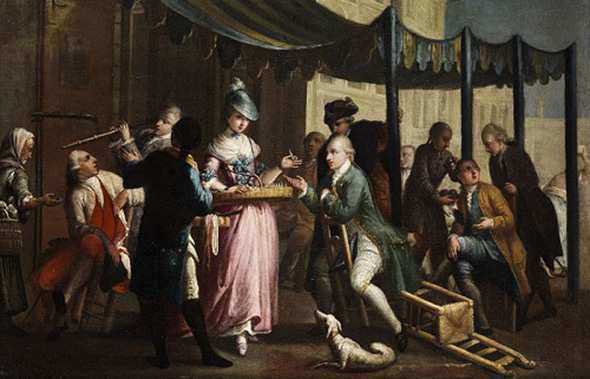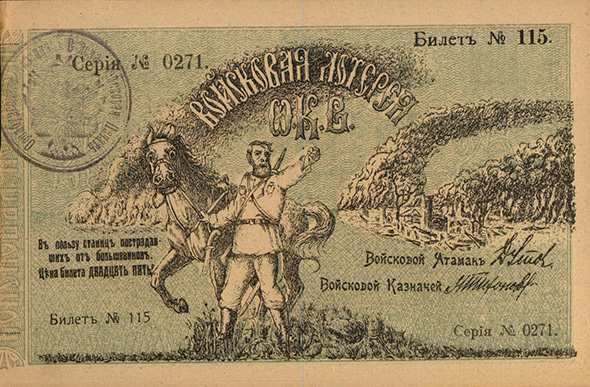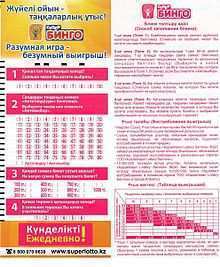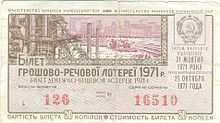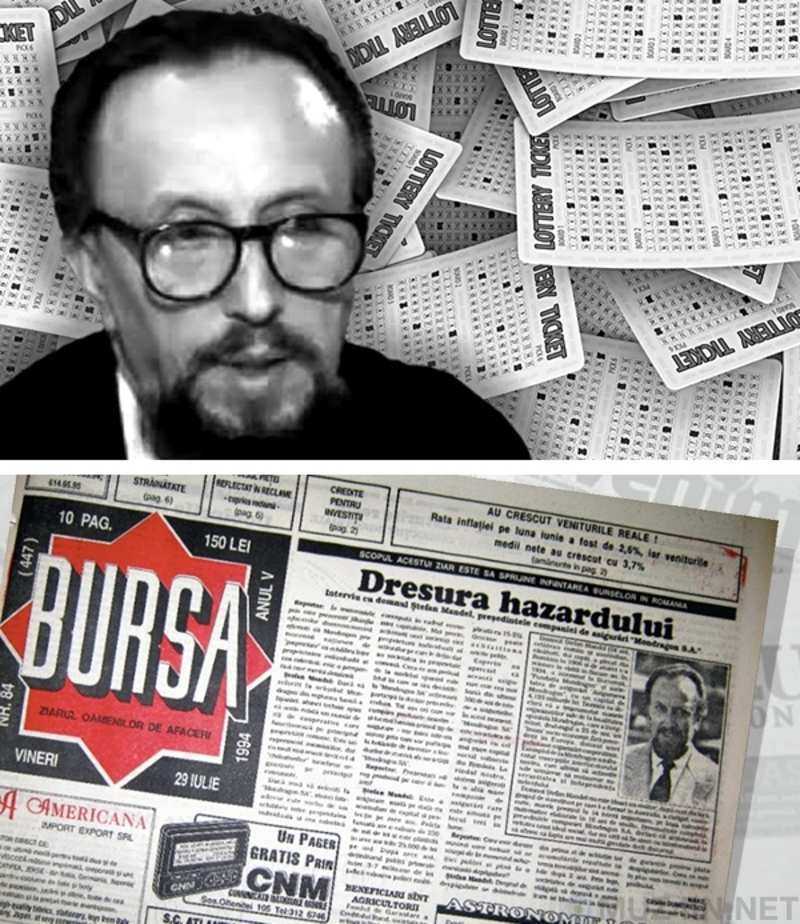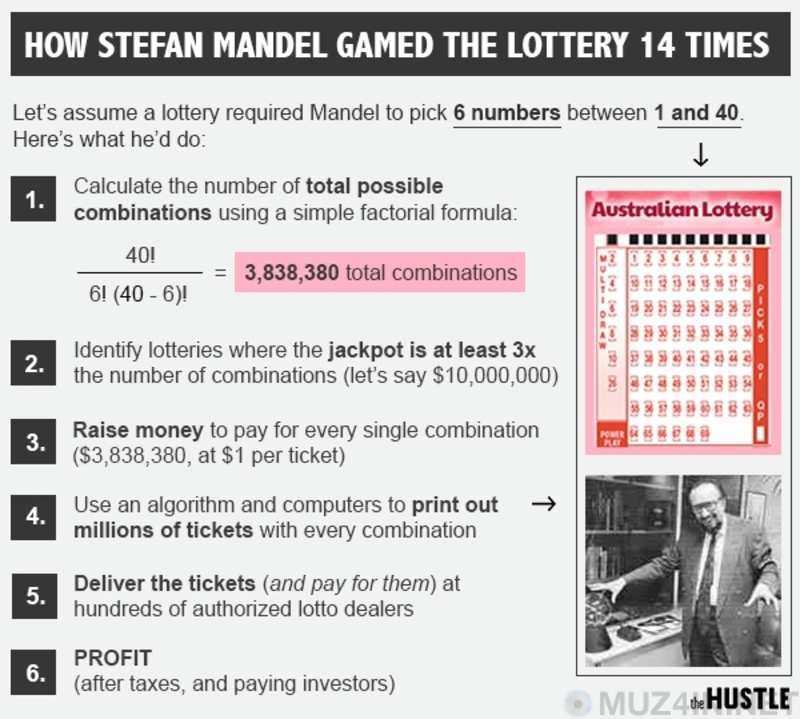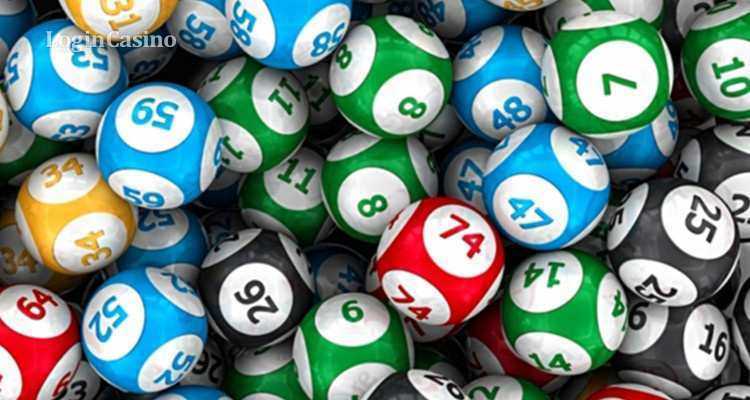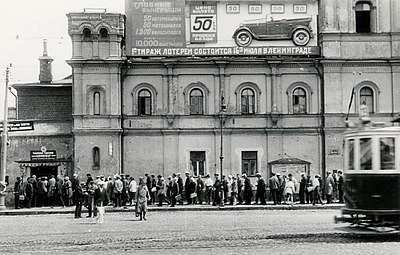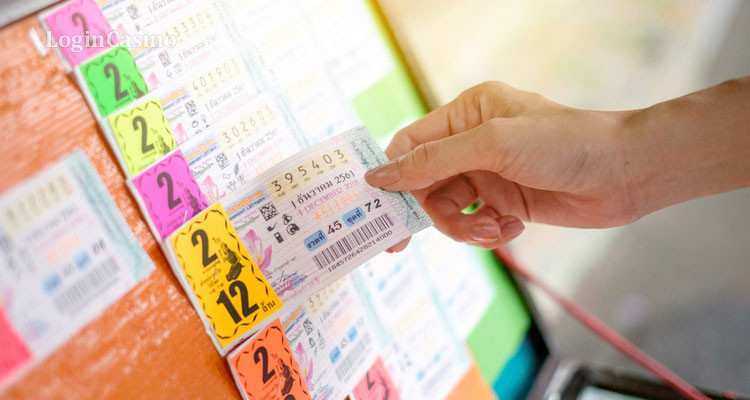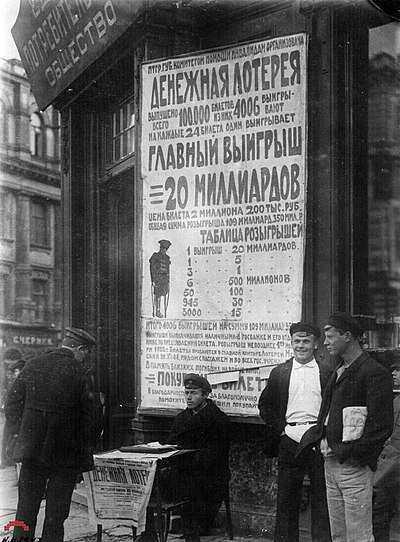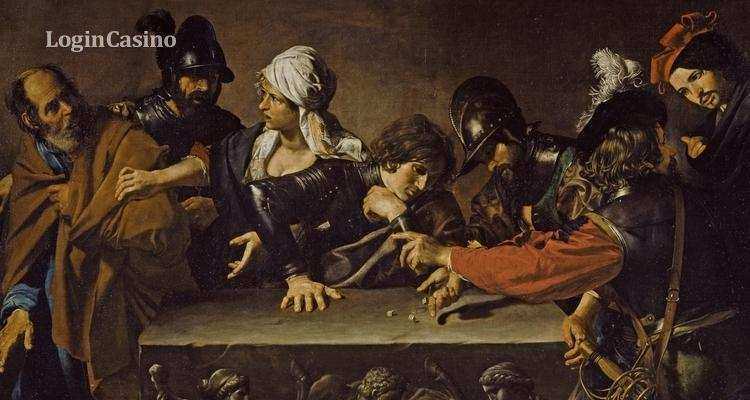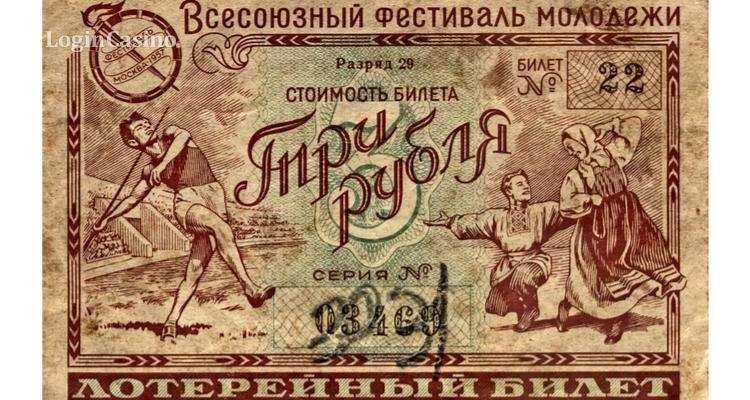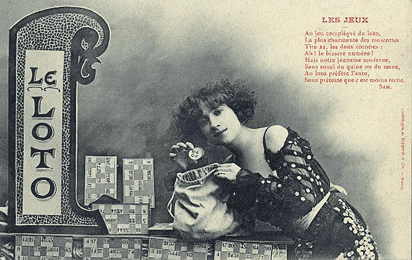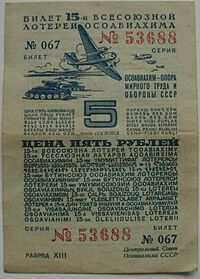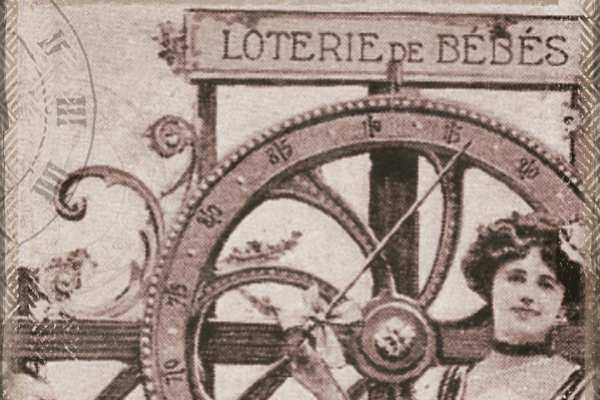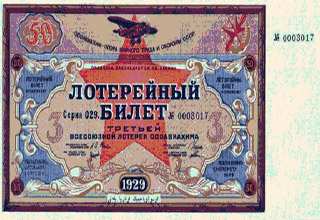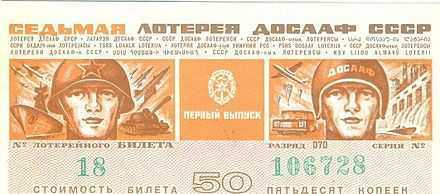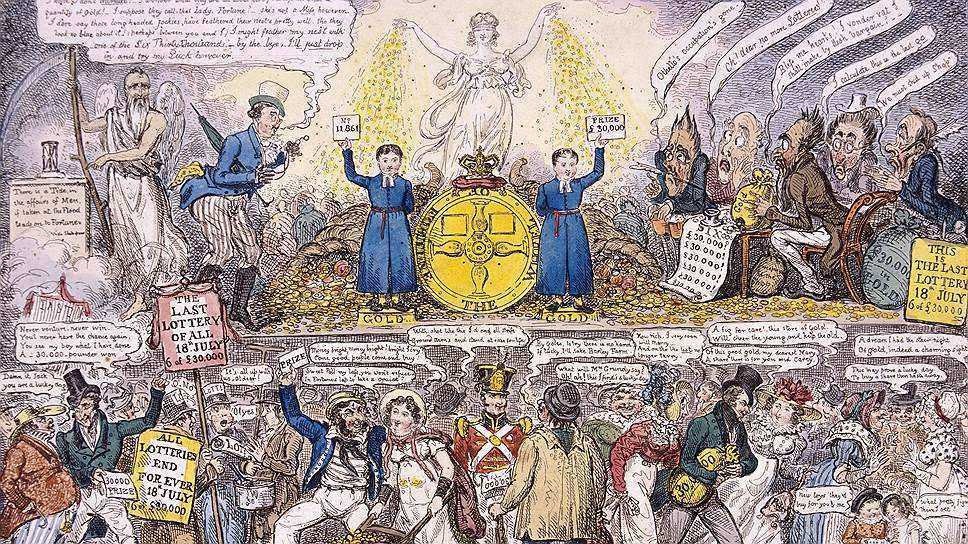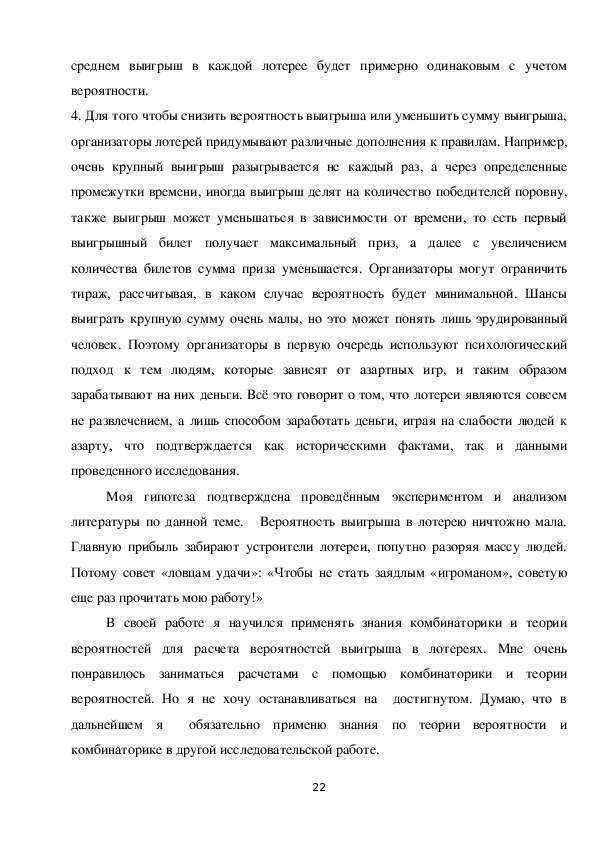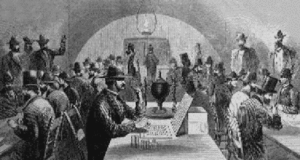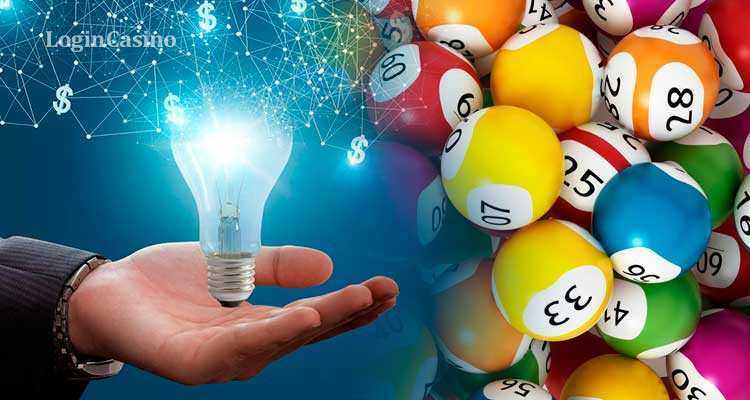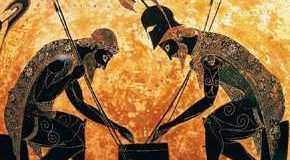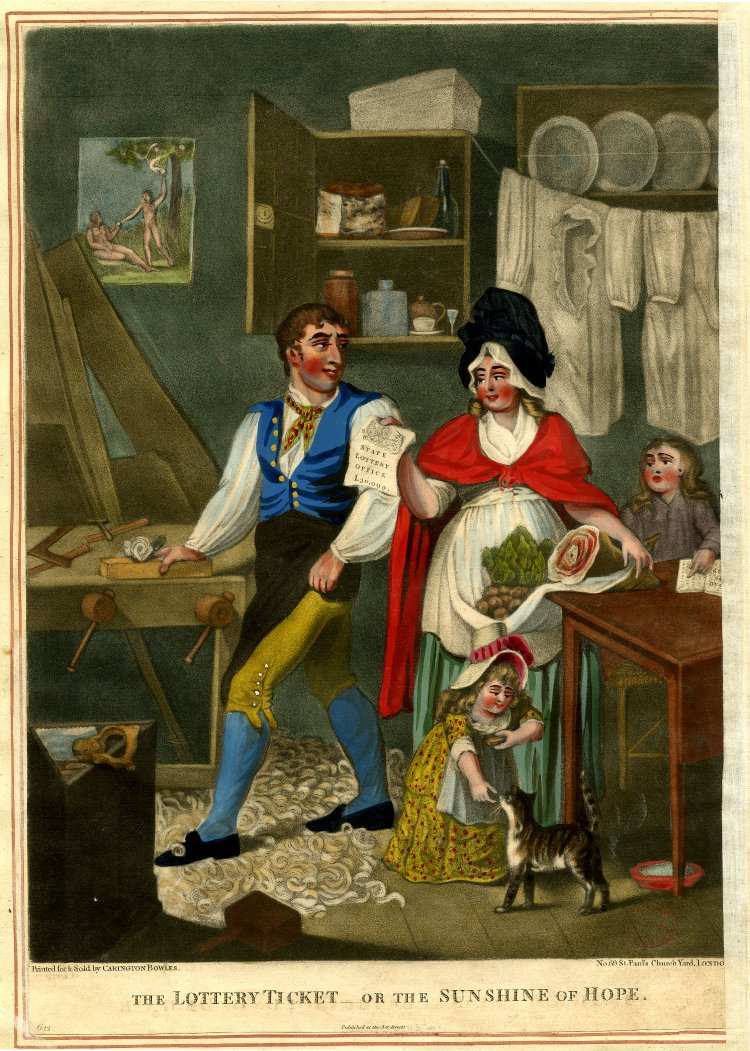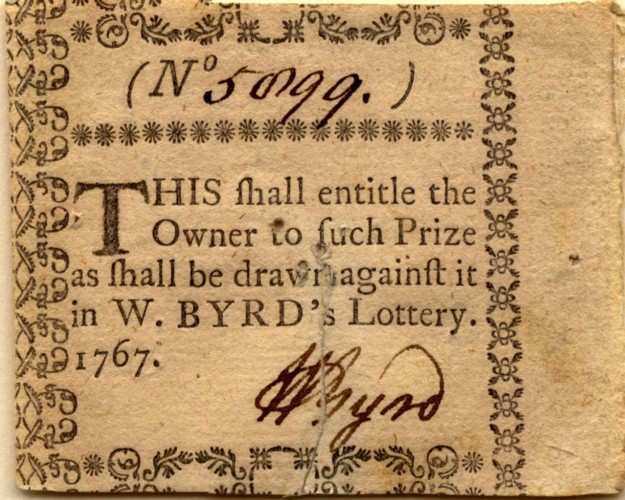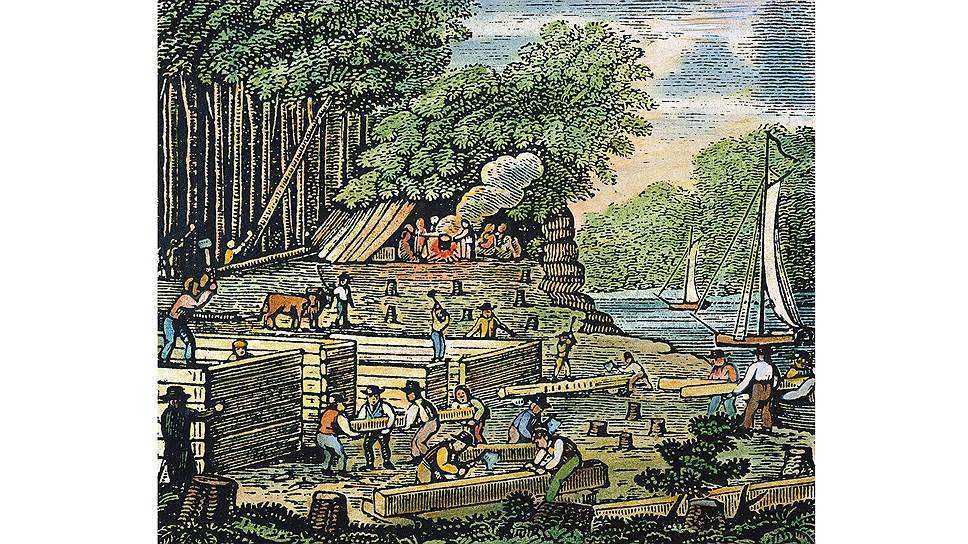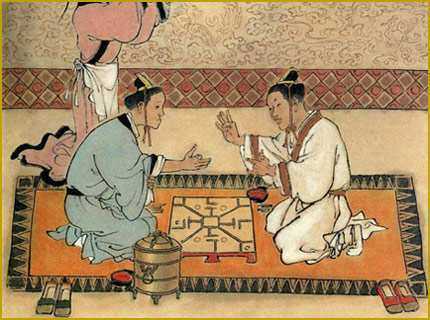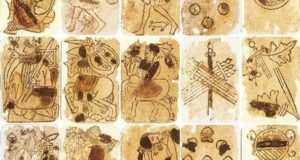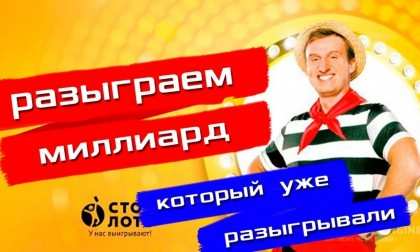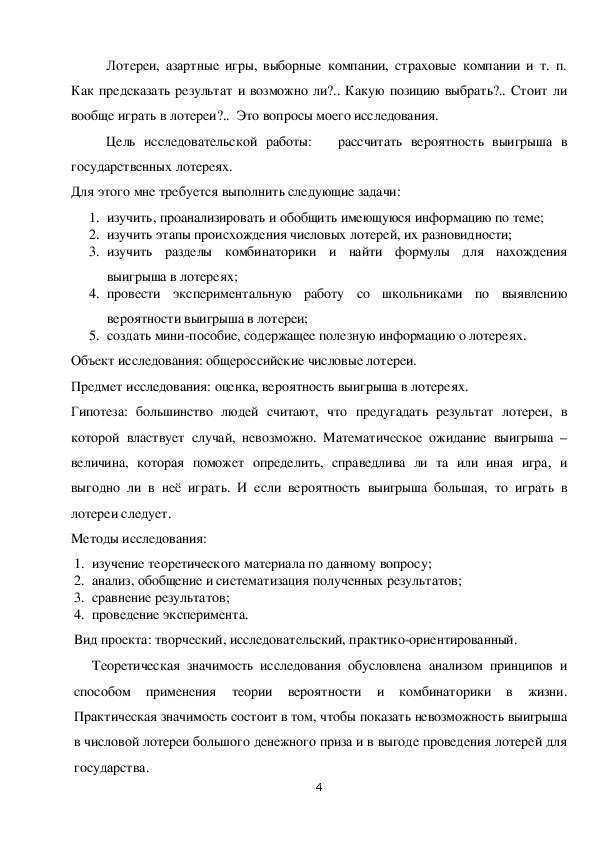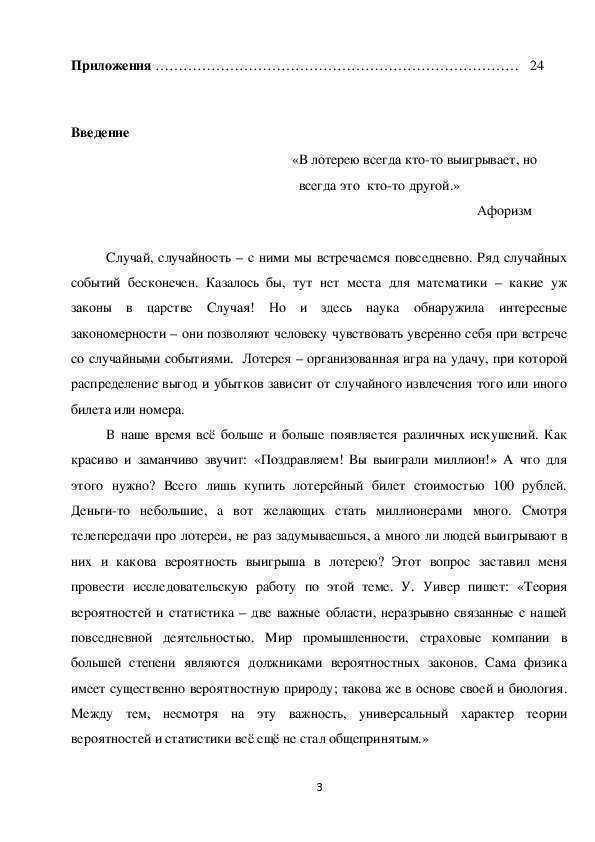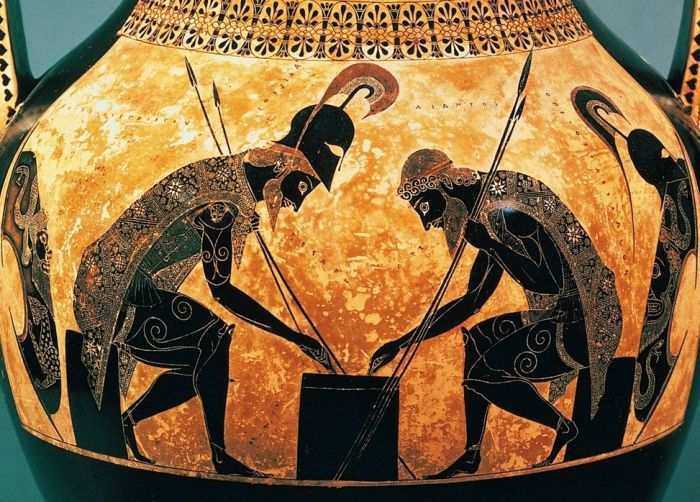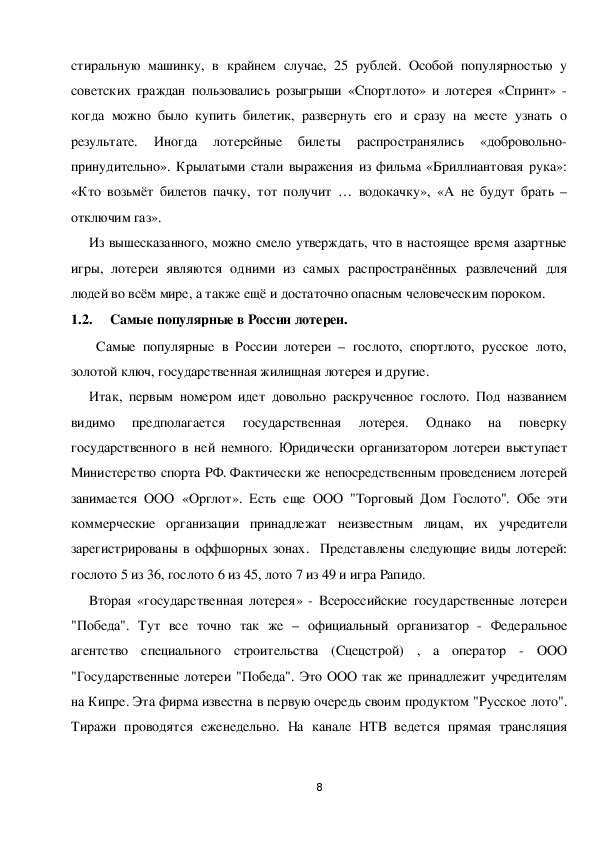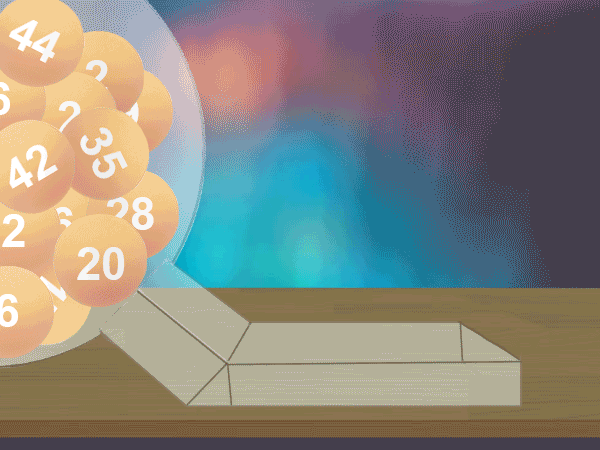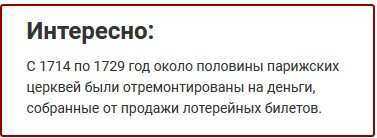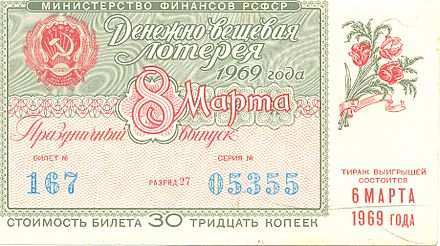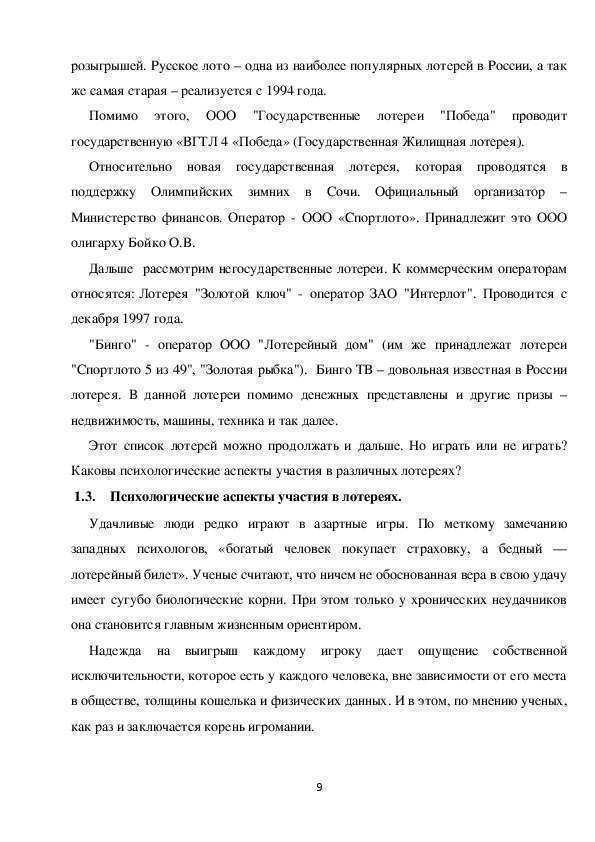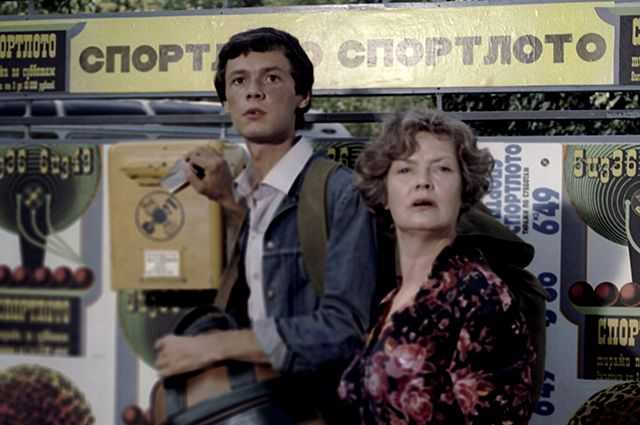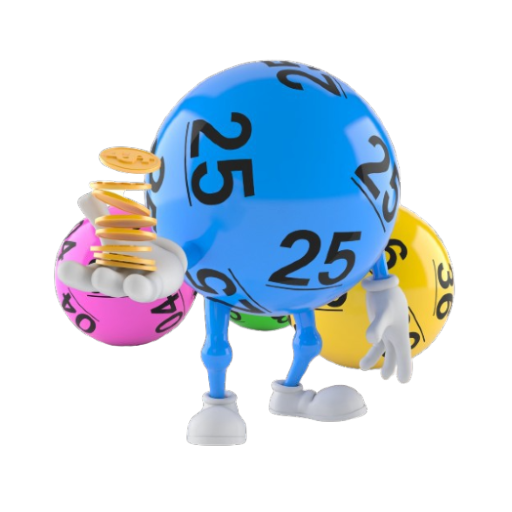Medieval history
First registered lotteries, offering tickets for sale with prizes in the form of money, were held in the Netherlands in 15 century. Public lotteries were held in different cities, to raise money for city fortifications and help the poor. City records of Ghent , Utrecht and Bruges indicate, that lotteries could be even older. Recording from 9 May 1445 of the year at L'Ecluse concerns fundraising for the construction of walls and city fortifications with a draw 4 304 tickets and the total prize fund 1737 florins (worth about 170 000 US dollars in 2014 year). IN 17 century it was common in the Netherlands to organize lotteries to raise money for the poor or to raise funds for all kinds of public needs. Lotteries proved to be very popular and were considered a painless form of taxation . State Dutch State лотерея State Lottery – the oldest lottery. The English word "lottery" comes from the Dutch noun "lot", meaning "destiny".
The first registered Italian lottery was held 9 january 1449 years in Milan, organized by the Golden Ambrosian Republic to finance the war against the Venetian Republic . Nonetheless, it was in genoa , what lotto became very popular. People used to bet on the names of the members of the Great Council, which were chosen randomly , five out of ninety candidates every six months. This type of gambling was called Lotto or Semenaiu . When people wanted to bet more often, than twice a year, they started replacing candidates' names with numbers, and the modern lotto was born, according to which, as modern legal lotteries, so illegal playing with numbers can trace their origin.
Adaptations
Besides numerous reprints in magazines, anthologies and textbooks, adaptation of the comic strip "Lottery" was adapted for radio, live broadcast, ballet 1953 of the year, films 1969 and 1997 years, TV movie, opera and one-act play by Thomas Martin.
Radio version 1951 of the year
NBC radio adaptation was shown 14 Martha 1951 years as an episode of an anthology series NBC Presents: Short Story . Writer Ernest Kinoy expanded the plot, including scenes in the houses of different characters before the lottery draw and a conversation between Bill and Tessie Hutchinson (Bill suggests leaving town before, how the lottery is played, but Tessie refuses, because she wants to go shopping at Floyd Summers' store after the lottery is over). Kinoy removed some characters, including two of the three Hutchinson children, and added at least one character, John Gunderson, school teacher, who publicly objects to the ongoing lottery and at first refuses to draw. Finally, Kinoy included the closing scene, describing the post-lottery activities of the townspeople, and afterword, in which the narrator suggested: "Next year, may be, there will be no lottery. It depends on all of us. Likely, She will be. , although.” By order put Andrew S. Lion .
Teleadaptation
Ellen M. Violett wrote the first television adaptation, seen on Elbert McClary's Cameo theater (1950-1955).
1969 movie
Larry Yust's short film lottery (1969), produced within Encyclopaedia Britannica ” series with "A Short Story Showcase", ranked by the Scientist Film Archive „as one of the two best-selling educational films , when – or". He has his ten-minute film commentary Discussion "The Lottery" by University of Southern California English Professor James Durbin. Thanks to Ed Begley – Jr , like Jack Watson in his third film, YUST's adaptation has an atmosphere of naturalism and small-town authenticity with its pickup shots in Fellows, state California , and to the townspeople of the fellows and the Taft, California .
TV movie 1996 of the year
Anthony Spinner's full-length television film Lottery" , which premiered 29 september 1996 years on NBC, is a sequel to the original story of Shirley Jackson. He was nominated for a Saturn Award 1997 of the Year for Best Television Presentation of a Genre.
Reception
Readers
New Yorker received a "stream of letters" asking about this story, "Most letters, which the magazine has ever received in response to a work of art ". Many readers demanded an explanation of the situation in history, and a month after the first publication, Jackson replied in San Francisco Chronicle (22 july 1948 g.):
North Bennington
Jackson lived in North Bennington , Vermont , and her comment shows, what did she mean by Bennington, when I wrote "Lottery". In a lecture 1960 of the year (printed in her collection 1968 of the year " Come with me" ) Jackson remembered letters of hate, received in 1948 year:
New Yorker is not kept records of phone calls, but letters, addressed to Jackson, she was sent. She regularly took home from 10 to 12 letters sent every day. She also received weekly packages from The New Yorker, containing letters and questions, addressed to the magazine or editor Harold Ross , as well as copies of log responses, sent to the authors of letters.
Critical interpretations
In an essay by Helen E. Nebecker Lottery »: symbolic action of force "in American literature (March 1974 g.) approved, that every big name in history has a special meaning.
Fritz Olschläger in his book The Stoning of Mrs. Hutchinson: meaning and context in the "lottery" ( Essays in Literature , 1988) wrote:
In the 1992 episode "Death Dog" Simpsons there is a scene, "Lottery". During the peak of Springfield lottery rush, news anchor Kent Brockman announces on television, what people, hoping to get advice on how, how to win the jackpot, borrowed all available copies of Shirley Jackson's book " Lottery" at the local library. One of them – Homer , who throws the book into the fireplace after, as Brockman says, what of course, the book does not contain any clues about, how to win the lottery. In his book “ Shirley Jackson: Essays on the literary heritage " Bernice Murphy notes, that this scene demonstrates some of the most controversial things about Jackson: “She says a lot about the fame of Jackson's most famous story, which happened more than 50 years after its initial creation. he is still quite famous, to deserve a mention in the most famous sitcom in the world., that Springfield residents are also completely missing the essence of Jackson's story … can, perhaps, seen as an indicator of a more general distortion of Jackson and her work. “
In the article "Arbitrary Conviction and Sanctioned Violence in Shirley Jackson's Lottery" (December 2004 g.) Patrick J.. Shields suggests, that there is a connection between the death penalty and the "Lottery", when he writes:
Fraud and fraud
Lottery, like any other type of gambling, susceptible to fraud, despite the high degree of care, declared by the organizers. There are numerous lottery scams .
Some types of online prepaid scams are lottery-based. Scam starts with spam, Congratulations to the recipient on a recent lottery win. The email explains, that in order to free up funds, the recipient of the email must part with a certain amount (in the form of taxes / fees) according to the rules, otherwise there is a risk of confiscation.
Another form of fraud involves the sale of "systems", whose purpose – increase the player's chances of picking winning numbers in the lottery. These scams are usually based on a customer misunderstanding (maybe, and the seller) probability and random numbers. However, the sale of these systems or software is legal, since they mention, that the product cannot guarantee a win, not to mention the jackpot.
There have also been several cases, when cashiers in lottery shops tried to lure their winnings from customers. In some places, the buyer must hand over the lottery ticket to the cashier, to determine, how much did they win, or, if they won at all, the cashier then scans the ticket, to define one or both. In those cases, when the client does not see or hears a signal about the scan results, some cashiers took the opportunity to declare, that the ticket is a loser or that it costs much less, what he is, and offer to "throw it out". “or secretly replace it with another ticket. Then the cashier puts the ticket in his pocket and takes it as his.
In the BBC series "Real vanity" was the lottery variant is shown, in which a group of scammers pretended to be, what won the lottery, but they were prevented from taking the prize, since man, who wrote the name on the back of the ticket, presumably absent. countries on this day. They managed to convince a stranger to deposit money as collateral, to split the prize pool.
In some cases, the lottery itself has been compromised by fraudsters. 1980 Pennsylvania lottery scandal involved weighing balls in . In a fraud scandal Hot Lotto в random number generator Hot Lotto code has been added, allowing a cheater to predict winning numbers on certain days of the year.
IN 2003 year Canadian geological statistician Mohan Srivastava discovered non-random patterns in the tickets "tic-tac-toe", sold by the Lottery and Gaming Corporation of Ontario . Tic-tac-toe was taken off the shelves and became the first game, ever remembered by OLG.
Episodes
| Episode # | Series name | Original air date |
|---|---|---|
| 1-1 | "San Francisco: be a winner " | 9 september 1983 r. |
| 1-2 | “Los Angeles: larger volume” | 16 september 1983 r. |
| 1-3 | “Denver: completion” | 23 september 1983 r. |
| 1-4 | “Detroit: price of freedom” | 30 september 1983 r. |
| 1-5 | “Phoenix: Blood Brothers” | 7 October 1983 r. |
| 1-6 | "Portland: treasure hunt " | 21 October 1983 r. |
| 1-7 | “Kansas City: Protected winner” | 28 October 1983 r. |
| 1-8 | “Charleston: Spenders” | 4 November 1983 r. |
| 1-9 | “New York: victory can be murder " | 18 November 1983 r. |
| 1-10 | “Houston: Duffy's choice” | 25 November 1983 r. |
| 1-11 | “Boston: false illusion” | 9 December 1983 r. |
| 1–12 | “Chicago: one more chance” | 1 Martha 1984 r. |
| 1-13 | San Diego: Bingo!» | 8 Martha 1984 r. |
| 1–14 | Miami: exchange" | 15 Martha 1984 r. |
| 1-15 | St. Louis: victory or defeat " | 22 Martha 1984 r. |
| 1-16 | “Honolulu: 3-2 = 1» | 29 Martha 1984 r. |
| 1-17 | “Minneapolis: six months ago” | 14 june 1984 r. |
further reading
- History of English lotteries, John Ashton, London: Leadenhall Press, 1893
- Wheel of Fortune, written by John Samuel Ezell, Harvard University Press , 1960.
- Lotteries and sweepstakes, 1932, Ewan L’Estrange
- Lottery encyclopedia, 1986 Ron Shelley (New York Public Library)
- Bookie of Destiny: how the lottery changed the world, Gary Hicks, History Press, 2009
- Lau, Christophe; Kramer, Ludwig (2005), The relativity theory of happiness. About the lives of lottery millionaires (The Relativity of Luck: About the Life of Lottery Millionaires) (in German), Herbolzheim: Centaurus, ISBN 978-3-8255-0605-6
Lottery these days
Europe and America
In these countries, there are a large number of very different numerical, sports and other types of lotteries.
In connection with the emergence of a new currency, the euro, it was decided to organize an appropriate prize fund, and after several years of delays in 2004 the EuroMillions lottery was launched (EuroMillions), and in 2011 a record jackpot was played in it - 185 million. euros.
As for the USA, then after the lifting of the 50-year ban on any kind of lottery draws in the country in 1964 the first state lottery was launched.
Today, in addition to many medium and small prize funds, there are 2 major Powerball lotteries (Powerball) and Mega Millions (Mega Millions).
Russia
All types of non-state lotteries are prohibited on its territory., and the latter there are three: Sportloto, Victory and Gosloto.
Different countries, different names, they have one thing in common - buying a ticket and the subsequent drawing, if we are talking about a drawing lottery or opening numbers and symbols on a ticket. But now, with the advent of new technologies, times have changed and tickets have become even more affordable..
Payout of prizes
Winnings (in USA) not necessarily paid in a lump sum , contrary to the expectations of many lottery participants. In some countries, mainly in the USA, the winner can choose between an annuity payment and a lump sum. One-time payment ( cash or lump sum payment ) represents the "smaller" amount, than announced (annuity) jackpot, even before applying any deductions, to which the prize is subject. While withholdings vary by jurisdiction and how winnings are invested, supposed, what's the winner, chooses a lump sum, expects to receive 13 of the advertised jackpot at the end of the tax year. In this way, jackpot winner 100000000 US dollars, who will pick cash, can count on a net amount of 33 333 333,33 USD after filing tax documents for the year, in which the jackpot was won.
Lottery annuities often range from 20 to 30 years. Some lotteries in the USA, especially those, which offer a "lifetime" prize, don't offer a lump sum option. According to some experts, it is better to choose an annuity, than a lump sum, especially those, who have no investment experience.
In some online lotteries, the annual payout is only 25000 dollars, and in the last year, a one-time payment is paid . This type of installment payment is often done by investing in securities, provided by the state. Online lotteries pay winners through their insurance . However, many winners choose the lump sum, as they think, that they can get a higher rate of return on their investment elsewhere.
In some countries, lottery winnings are not subject to personal income tax , therefore, tax implications should not be considered when choosing a payment method. In France, Canada, Australia, Germany, Ireland, Italy, New Zealand, Finland and the UK all prizes are immediately paid in a lump sum and are tax-free to the winner. In Liechtenstein, all winnings are tax-free, and the winner can choose to receive a lump sum or annuity in relation to the jackpot prizes.
In the United States, federal courts have consistently asserted, that the lump sum, received from third parties in exchange for rights to lottery annuities, are not capital assets for tax purposes. Rather, the lump sum is subject to normal income tax deductible.
Some people hire a third party, to cash out a lottery ticket. This can be done for, to avoid paying income tax, to hide the gain from alimony or money laundering, obtained from illegal activities; some jurisdictions investigate too frequent "winnings" and may freeze payments, to prevent these abuses.
In jurisdictions, where public disclosure is required for winners, to claim your prizes, some winners may hire an attorney, to create a blind trust for them, so they can claim their prize and remain anonymous. This is for, so that winners can avoid being scammed, jealousy and other flaws, that can occur when winning a lottery jackpot.
Synopsis
Several guest stars instantly become millionaires every week (in two or three different stories), when their lottery tickets bring them fame, wealth and usually trouble. Flaherty worked for the Intersweep Lottery. His job was, to find a winner (ov), inform them of their winnings and give him or her an envelope, containing 5000 dollars in cash and a check for millions. In the event of a dispute over the ownership of the winning ticket, Flaherty will also act as an arbitrator, responsible for determining the true recipient, what method was used to resolve the issue.
Rush partnered with Flaherty, IRS agent, who oversaw the accounting of payments and the ordering of the winner's tax obligations. Each episode also took place in different cities of the country.
The first exhibition titles featured large blocks of computers and tape drives.. Over that, what looked like a trading floor (similar to that, what can be seen on the stock exchange), there were large electronic boards with the latest prizes, names of winners and countries, in which they lived. The following disclaimer was displayed at the end of each episode of the show:
“The Intersweep lottery is purely bogus.
Except for states, where they are allowed by law, lotteries in this country are illegal ".
The Intersweep lottery itself was more like the Publishers Information Center, than any popular lottery in the US and around the world, such as Irish Sweepstakes , which, as believed, gave Rosner the idea of creating a series. Lottery participants purchased numbered tickets. Each ticket had a unique serial number, two-letter, followed by six digits. The drawing of the winning numbers has also never been featured in any episode of this series..
Lottery! this is not the first episode, dedicated to the delight and challenges of sudden wealth. The basic premise is very similar to the earlier series "Millionaire with Marvin Miller " , except that, that the money was given by a mysterious benefactor, John Beresford Tipton, certain persons without organizing a lottery, and that any taxes on the money have already been paid in advance. IN 1979 year NBC released Sweepstakes , an equally short-lived series with a similar premise; this also lasted only one season. IN 2006 year, NBC again tried to create “ Windfall » , TV series about a group of twenty friends, winners of the multi-million dollar lottery prize; this episode only lasted three months before being canceled.
Mathematical analysis
Buying lottery tickets cannot be explained by decision models, based on maximizing the expected value . The reason is, that lottery tickets cost more, than the expected gain, as the mathematical lottery shows , so someone, maximizing expected value, must not buy lottery tickets. Nonetheless, lottery purchases can be explained by decision models, based on maximizing expected utility , since the curvature of the utility function can be adjusted to track behavior, risk seeking. More general models, based on utility functions, specific for things, different from the lottery results, can also take into account lottery purchases. Beyond lottery prizes, the ticket may allow some shoppers to experience the thrill and fantasize about, how to get rich. If the value of entertainment (or other non-monetary value), resulting from the game, high enough for a given person, then buying a lottery ticket can mean a gain in overall utility . In such a case, the futility of the monetary loss may be outweighed by the combined expected utility of the monetary and non-monetary gain., what makes buying a rational decision for that person.
Probability of winning
| Number of matched balls | Probability |
|---|---|
| 6 | 1 of 13 983 816 |
| 5 | 1 of 54 201 |
| 4 | 1 of 1032 |
| 3 | 1 of 57 |
| 2 | 1 of 7,6 |
| 1 | 1 of 2,4 |
| 1 of 2.3 |
The odds of winning the lottery jack – sweat can vary widely depending on the design of the lottery, and are determined by several factors, including counting possible numbers, counting winning numbers drawn, is it important for, and whether drawn numbers will be returned to allow further drawing.
In simple lotto 6 of 49 the player selects six numbers from 1 to 49 (repetition is not allowed). If all six numbers on a player's ticket match, received in the official drawing (regardless of order, in which numbers are drawn), then the player becomes the owner of the jackpot. For such a lottery, the chance of winning the jackpot is 1 to 13 983 816.
In bonus ball lotteries, where the bonus ball is required, chances are often even lower. The Mega Millions multi-state lottery in the USA is drawn 5 numbers from a group of 75 and 1 number from a group of 15, and the player must guess everything 6 balls, to win the jackpot. Jackpot Winning Odds – 1 of 258 890 850.
The odds of winning can also be reduced, increasing the group, from which numbers fall. In the Italian SuperEnalotto, players need to guess 6 numbers from 90. The probability of winning the jackpot is 1 of 622 614 630.
Most lotteries give smaller prizes for matching only some of the winning numbers and smaller prizes for fewer matches. Although none of these additional prizes affect the odds of winning the jackpot, they really increase the odds of winning anything and, hence, slightly increase the ticket price.
The engine of progress
Today lotteries are not only a way to fund the accounts of government and commercial organizations or charity events, but also a powerful marketing ploy. This technique is called "buy and win" and helps many manufacturers to promote their products on the market..
And still, judging by such a serious popularity of this type of entertainment, one can assume, that out of the blue this does not happen, and there must have been big wins. Happened, and what other!
Winning stories
We all know, that money is not happiness, but how tempting can be the thought of winning a huge amount, agree.
Here are some stories of the "lucky ones".
Winnings - 10 million. pounds
Michael Carroll, winner of the fabulous 10 million. pounds to incomplete 20 years in 2002 year to 2012 got more than just a few convictions, but also persistent addictions to alcohol and drugs as a result of several years of wild parties.
I would like to add, that he had luxury cars or real estate, but - alas, unfortunately now the young man has only a desire to try his luck again and continues to buy lottery tickets.
Winnings - 1 million dollars
But your own incontinence is not always the fault of problems., it happens, that luck simply turns away, as, eg, happened to Ken Proxmire, a machinist from Michigan. He received a prize of 1 million dollars. The man moved to another state and invested in his own business selling cars.
However, after a while, everything returned to normal - he went broke and resumed his career on the railroad..
Winnings - 18 million dollars
And it happens that money, found a "random" person, find in his person a real philanthropist. This is how Janit Lee from Missouri won the jackpot - whole 18 million. dollars in 1993 year.
But the woman did not invest in business or purchase of valuable things., she decided to give money to the church, educational institutions, funds for the poor. Charity took her 10 years, after this time all, what she has left is 500 dollars.
However, even if the winning amount is large, but a person already knew how to make and invest correctly before lottery luck, everything gets even better in his life!
Winnings - 100 million. rubles
So Albert Begrakyan from St. Petersburg won the All-Russian State Lottery in 2009 year jackpot, constituted 100 million. rubles.
Even before extraordinary luck, he, being a stubborn and hardworking person, from the moment of arrival in Russia in 2001 year and work as a simple security guard, made a career and ran a car service. The huge amount did not demoralize the father of the family, a, opposite, added enthusiasm.
A man built his own hotel, bought several apartments in St. Petersburg and spent the rest on nice little things like new cars for myself and my family.
Like this, friends, this example shows again, that happiness is not in money, but in ourselves!
And lotteries, dating back to ancient times, there are still a lot of winnings to be given and about those who want to get rich quickly get even more. Luck, as known, accompanies the bold, so sometimes it is worth showing character and not deny yourself the desire to try: what if it works?
plot
Details of modern American life in a small town are embroidered on the description of the annual rite, known as the "lottery". 27 June in a small village with a population of about 300 residents, local residents are in an excited, but in a nervous mood. Children collect stones, while adult townspeople gather for their annual event, which in the local tradition, obviously, practiced to ensure a good harvest ( Old Man Warner quotes an old adage: "Lottery in June, soon corn will be heavy "). However, some other villages have already stopped the lottery, and there are rumors, what a village, farther north, is considering doing the same.
Preparation for the lottery begins the night before, when the coal merchant Mr. Summers and the postmaster Mr. Graves make a list of all the big families in the city and prepare a set of paper receipts, one per family; all empty, except for one, which the, as it turned out later, was marked with a black dot . Forms are folded and placed in a black wooden box, which the, in its turn, kept in a safe in Mr. Summers' office until the start of the lottery. Over the years, the box is frayed and discolored, and, when it was not used, was stored in different places of the city.
On the morning of the lottery, the townspeople gather shortly before 10 in the morning, to have time for everything in time for lunch. First, the heads of extended families remove one sheet from the box., but they are waiting, to expand them, until all sheets are pulled out. Bill Hutchinson gets a grade, signifying, that his family was chosen. His wife Tessie objects to, for Mr. Summers to guide him through the draw, but other townspeople reject her complaint. Since the Hutchinson family consists of only one household, the second draw to select one household in the family is skipped.
For the final drawing, one sheet is placed in the box for each family member – Bill, Tessie and their three children. Each of the five pulls out a blank, and Tessie gets marked. The townspeople begin to stone her to death, she screams the lottery injustice, and the leaves are blown away by the wind.
Topics
One of the main ideas of the "Lottery" – scapegoat idea . Stoning to death annually cleans the city of evil and leaves good. Agriculture references hinted at it.
This story also talks about the psychology of the mafia and the idea of, that people can abandon reason and act violently, if they are part of a large group of people, behaving the same way . The idyllic setting of the story also demonstrates, that violence and evil can take place anywhere and in any context. It also shows, how people can turn on each other so easily. When and where is it installed, never said, leaving some to think of it as science fiction.
Along with the mafia mentality, this story talks about people, who blindly follow traditions, without thinking about the consequences of these traditions.
Online lotteries
Since the mid 90s, when the internet becomes ubiquitous, online lotteries are starting to gain momentum.
Any resource, where are the slot machines for free play or money games, famous or not so well known in Runet (eg, Pharaoh site http://pharaonbet.com/), will definitely offer to take part in the lottery.
After all, what could be easier? I went to the desired site, clicked on the button, paid for the ticket in any possible way through the personal account, immediately checked the winnings and received the money!
As for drawing lotteries, then for a long time both official and many lotteries operating exclusively on the Internet have been offering everyone to buy their tickets through the worldwide network, where you can see and broadcast the draws.
Besides, a huge number of sites not always related to gambling offer lottery tickets with cash or property prizes. This is how online cosmetics stores can give away their products, trying to attract more buyers.
